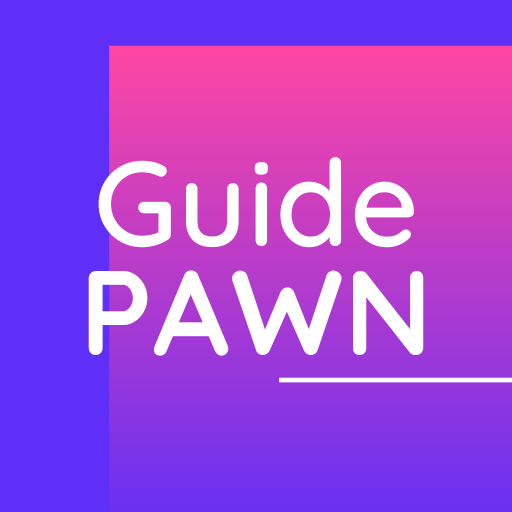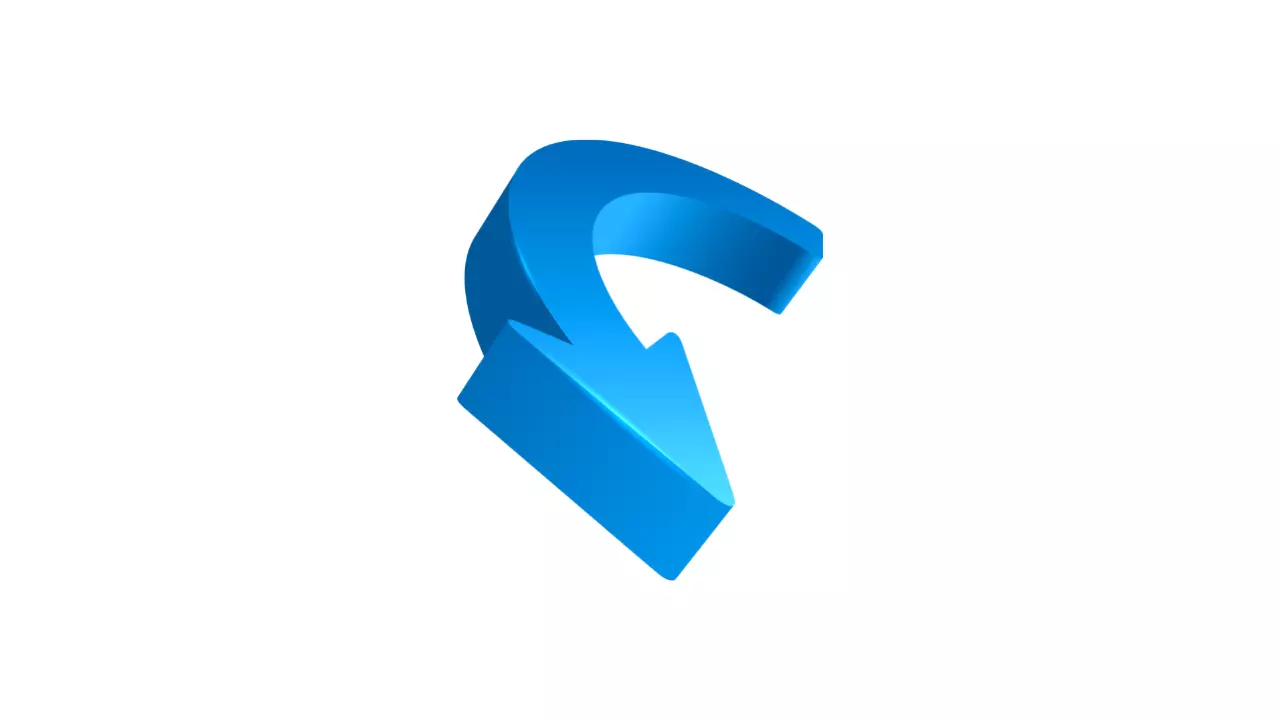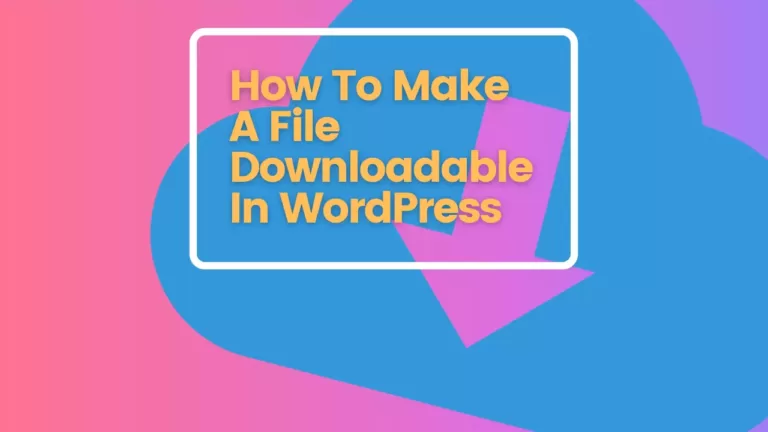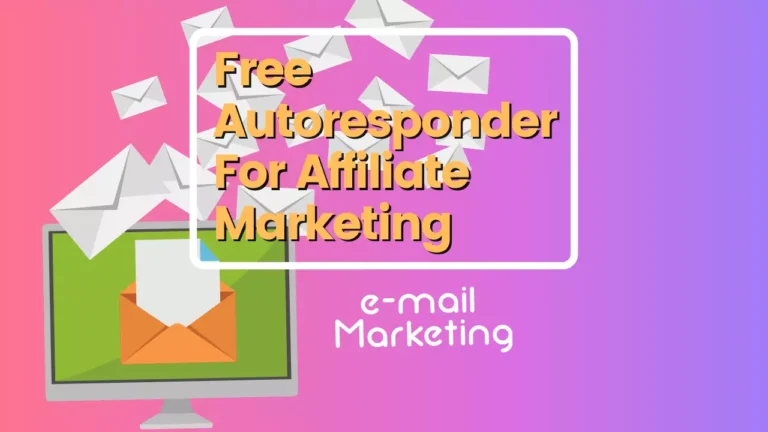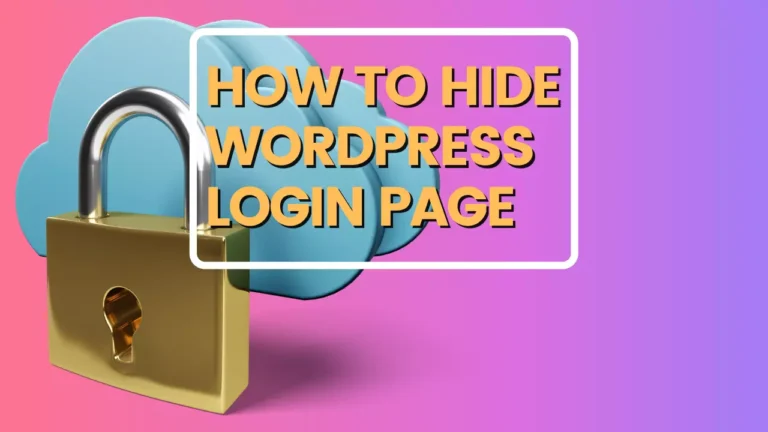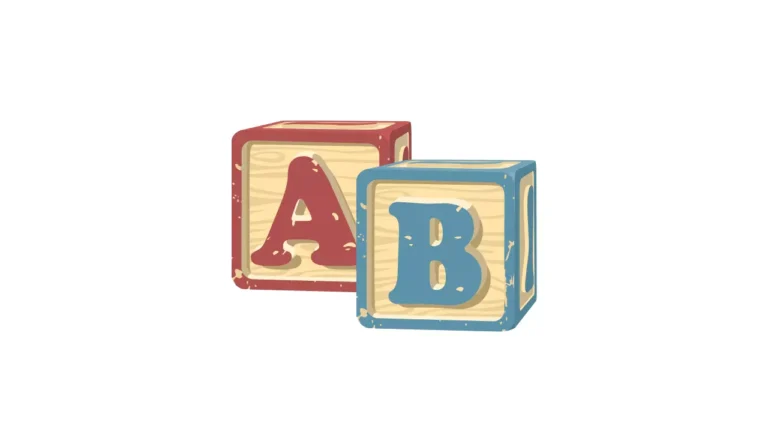Google Sponsored Links, ugc link and NOFOLLOW Link Explained
The Goal
In this guide, I will explain the easiest way to understand what are google sponsored links, ugc link, and nofollow link and when or which you should use when you insert a link on your website.
You should understand and toggle the right link relation for all the links on your website to avoid been flag and the possibility of link scheme penalties.
What is link penality?
Link penalty is the result of repeating spam or any irrelevant or bad links that appear in your website’s links profile. Google will never like these type of linking as they will treat this as to manipulate your site ranking in Google system. As the penalty, Google will remove completely your website in Google index, which means your website will never be seen anywhere on Google.
When to use rel=”sponsored”
You can use this relation value on your website for any paid links that are related to advertisements, sponsorships, and other compensation agreements such as affiliate link.
When to use rel=”ugc”UGC (User Generated Content)
You can use this ‘ugc’ attribute value for links within user-generated content like comments and forum posts which created by individual and not by any official authority website or source.
When to use rel=”nofollow”
You can use this attribute when other values won’t apply. And when you don’t want Google to crawl the linked page from your site. Majority of the time, if you are not sure which attribute to use, use nofollow will be the best selection.
Let’s play some quiz
Do you need to change existing nofollows relation?
The answer is No. If you use nofollow link attribute now as a way to prevent sponsored links or the page that you don’t confirm for a page you link to, then that will continue to work. And there is definitely no need to change any nofollow links that you already putted.
Can you use multiple relation values on a single link?
Yes. You can use multiple rel values on a single link each separated by a space or comma.
For example: <a href=”https://guidepawn.com/” rel=”nofollow, sponsored“>GuidePaw</a></p>
Do you still need to flag ads or sponsored links?
Yes. To avoid a possibility of a link scheme penalty, you must use rel=“sponsored” or rel=“nofollow” link relation to flag ads or sponsored links.
However, Google prefers you to use rel= “sponsored” or change to this relation whenever is convenient to you. But any of these attributes is still ok and will be treated the same, for this purpose.
Conclusion
I hope that in this simple explanation, you will now understand which is the right link relation to use for all the link on your website, and you may also like to check here to start building your website using my step-by-step methods.
